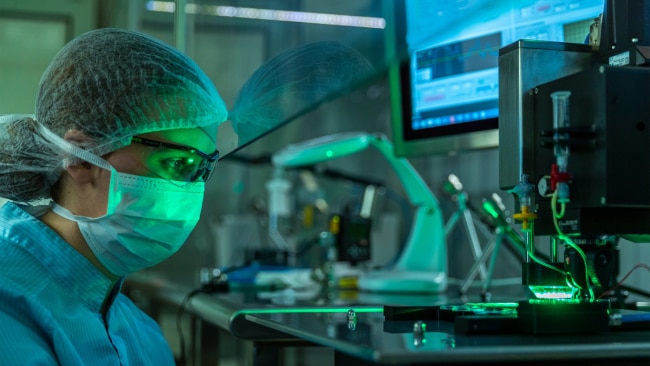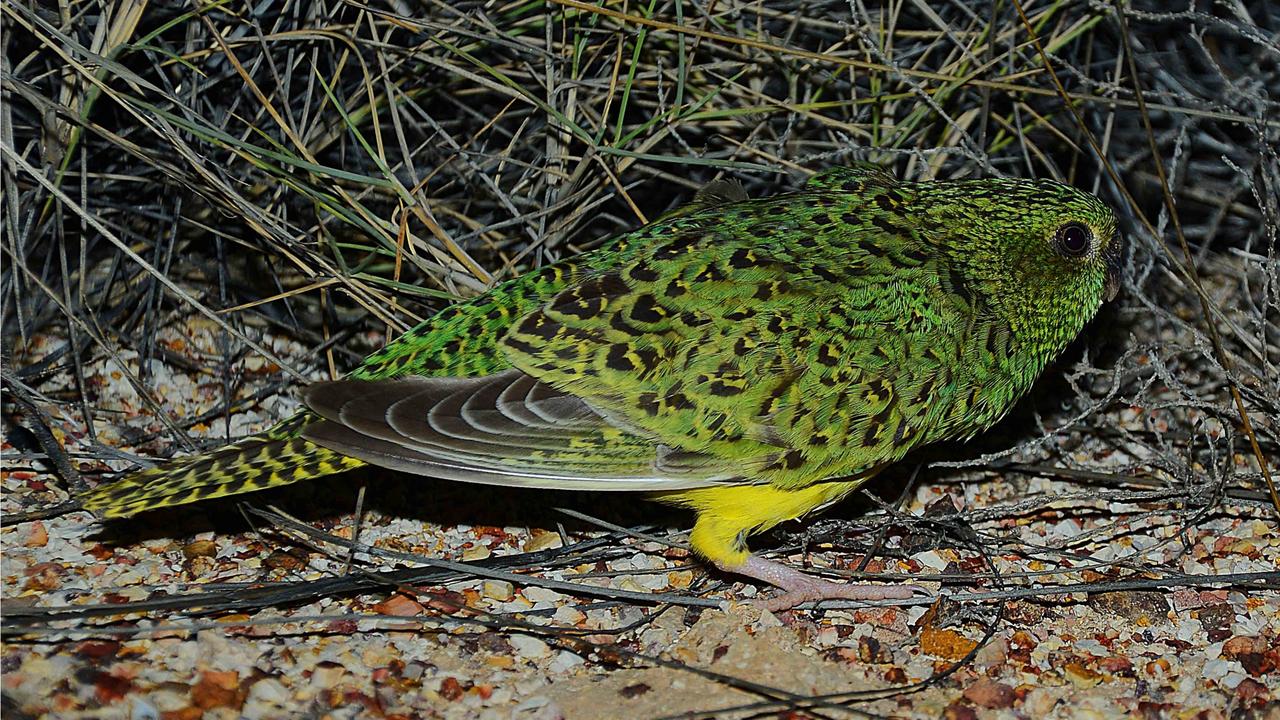Children in care 'have little say in their futures'
AUSTRALIA'S biggest survey of children in out-of-home care shows a third of them have no say in their futures.
AUSTRALIA'S biggest survey of children in out-of-home care shows a third of them have no say in their futures.
Queensland psychologist Joseph McDowall spent the past year conducting interviews with 1069 children aged between eight and 17 living in out-of-home care across Australia. A key area of his report, to be released on March 1, will assess levels of child input into departmental case plans.
"Unfortunately, it's not high," he said. "Usually, about a third might know of their plans. That's not to say there aren't plans there but what it tells us is that kids are not part of it, they're not part of the process. The workers might be preparing them and ticking the boxes on the necessary forms for the data-management systems but the kids are not aware of what's going on and what's being planned for them."
The survey, "Experiencing Out-of-Home Care in Australia: The View of Children and Young People, CREATE Report Card 2013", commissioned by the CREATE Foundation, the peak body for children in care, shows the pitfalls of what child-safety workers describe as an overly bureaucratic system.
Dr McDowall said the findings matched surveys in Britain showing "we want to make it too bureaucratic and controlled by the systems rather than actually getting out and forming relationships with the kids".
He also found evidence of the negative emotional effects multiple placements were having on children in care.
Jen (not her real name), 21, spent six years in Queensland's child-protection system. Between the age of 14 and 18, she stayed in 20 different forms of accommodation through 10 different departmental placements, working with a stream of case workers, not one of whom, she told The Australian, addressed her central trauma: her mother's suicide.
"They put me in a youth shelter once in Ipswich and I had to get to school in Dakabin (in Brisbane's outer-north)," she said. "It took six hours to get to and from school on public transport. Then I got put into residential care. Youth workers, 24-hour care. All department-run. Just departmental kids only.
"That was a nightmare. I ended up in hospital a couple of times. I was harming myself. It was the point when I was in the residential (that) it was too hard to cope with it daily and it was easier to sit there and harm yourself."
Through CREATE Foundation, Jen helps to coach child- safety officers on how to work better for children. She said the child-protection system was not asking two key questions: "Does the child know why they're in care? Does the child want to have a say in their case?"



